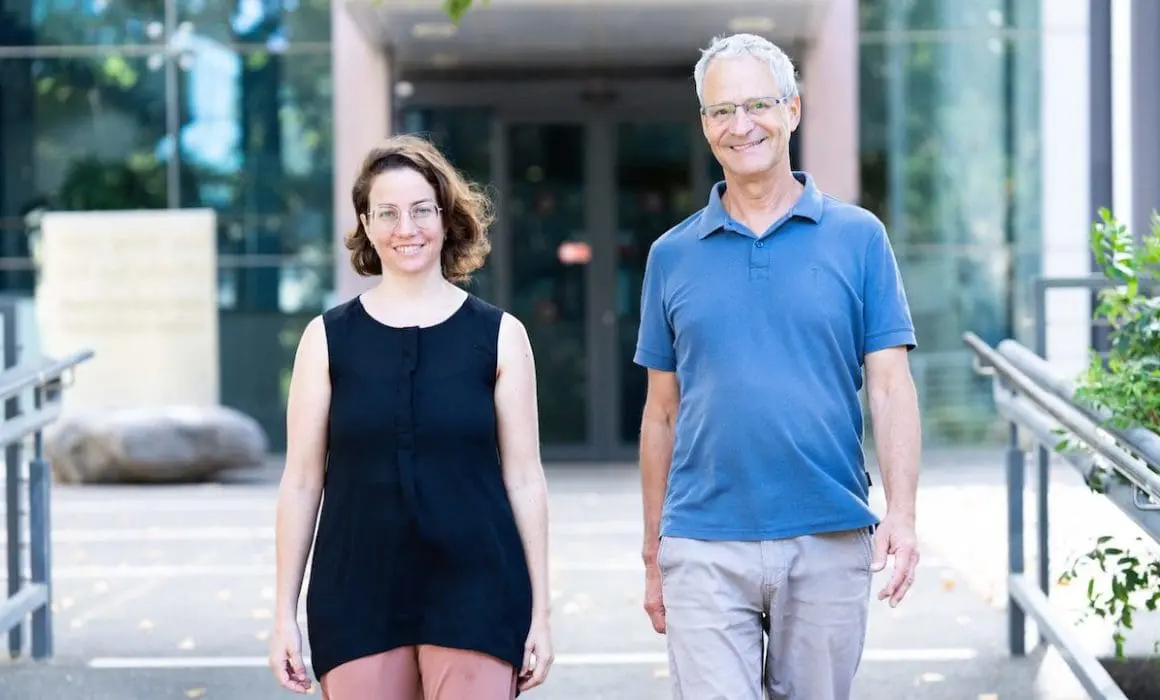Why Planting Forests Can’t Fix Climate Change

Pictured Above / Dr. Shani Rohatyn and Prof. Yohay Carmel
Sounds like an easy fix to climate change: Plant trees in a billion acres of barren land. But that might not be the environmental solution we’re looking for.
Studying more than 1.1 billion acres of semi-arid land worldwide, researchers from the Technion and the Weizmann Institute of Science found that contrary to conventional wisdom, turning barren lands into forests won’t cool the planet and could even worsen global warming. Why? Benefits provided by trees can be counteracted by the “albedo effect,” the ability of a surface to reflect light. Dark areas, even lush forests, retain more heat than deserts and glaciers.
Trees provide shade, prevent soil erosion, and absorb carbon dioxide from the air. But even if trees were planted in every semi-arid location mapped by the researchers, their carbon absorption would offset only 1% of all carbon emission from the burning of fossil fuels by the end of this century, due to the albedo effect.
“When we started the research, we thought that we would be able to show that extensive planting of forests in semi-arid areas would significantly slow down climate warming,” said Technion Professor Yohay Carmel, who led the research with doctoral candidate Shani Rohatyn, along with researchers from the Weizmann Institute. “Our study disproved this hypothesis.”
The albedo effect was already known in the context of climate change. But the recent study is the first to produce a worldwide mapping of the phenomenon that can predict where afforestation (establishing a forest on land not previously forested) can have a positive effect. Many factors in addition to the albedo effect, such as precipitation and trees’ ability to absorb carbon, determine the outcome of planting trees. Rohatyn built a model that calculates the site-specific balance between the beneficial effects of removing CO2 from the air versus the warming effects produced by increased absorption of sunlight.
Large-scale afforestation projects are underway in China, Saudi Arabia, and the Sahel region of North Africa. The researchers hope that by using their model, planners could focus on the most optimal places to plant trees.
While their research proved disappointing with regard to the potential for afforestation in semi-arid areas, Prof. Carmel found a hidden lesson. “Planting forests,” he said, “no matter how extensive, will not save us from climate change. Instead, we should focus on reducing emissions.”
More Protecting Our Planet stories



